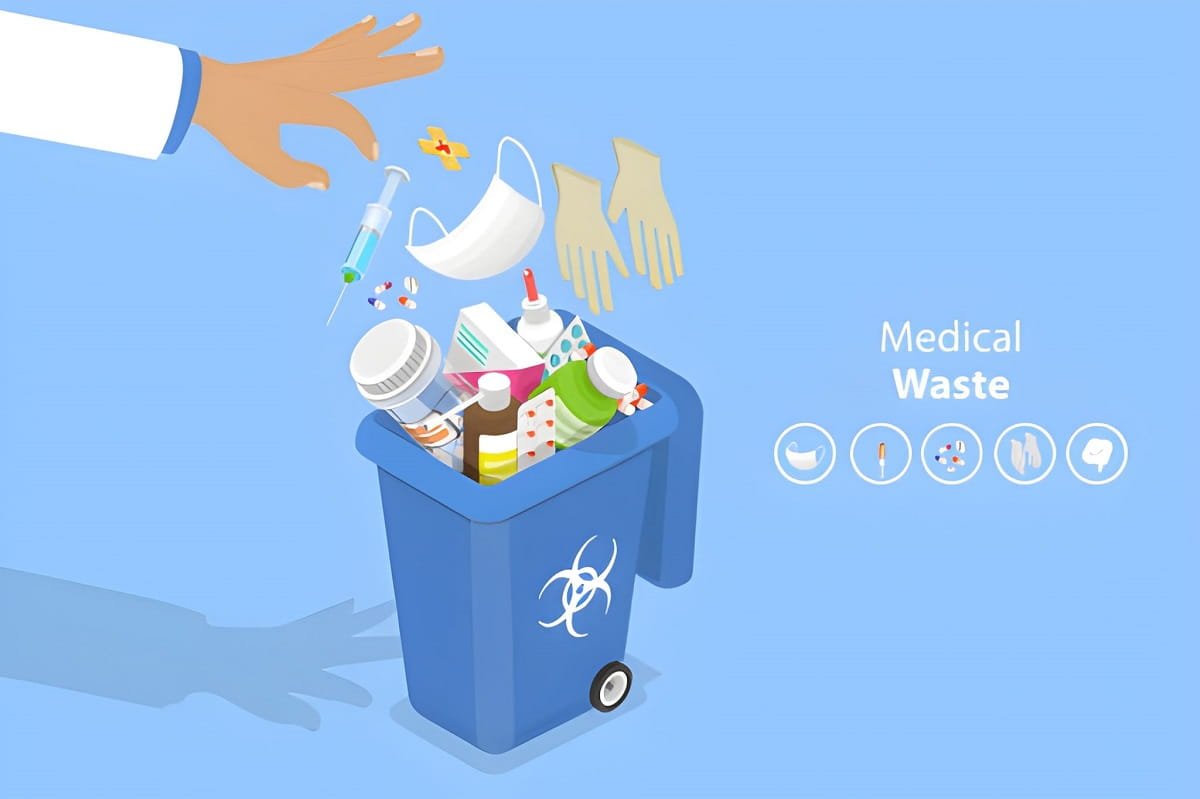Which is better Happiness or Meaningfulness?
Positive Psychology has taught us to look at the brighter side of Psychology, it has given us a new perspective other than the usual pathology.
It has taught to encourage us to flourish and tap our strengths rather than just focusing on fixing our weaknesses. It has taught us to pursue happiness.
But is that where it ends? Should happiness be the ultimate trophy?
In this article, we will look at happiness and meaningfulness, its differences and know which kind of life you should lead.
If you are looking to enroll in that Positive Psychology Course, read on and learn more about one of the most interesting topics in Positive Psychology.
The Science of Happiness
Positive Psychology, now known as the Science of Happiness, was introduced by Martin Seligman when he became president of the American Psychological Association. True to its name, it is known as the psychology of affirmative thoughts, ideas, experiences set forth to understand and ‘find’ happiness.
The message of the positive psychology movement is to remind our field that it has been deformed. Psychology is not just the study of disease, weakness, and damage; it also is the study of strength and virtue. Treatment is not just fixing what is wrong; it also is building what is right. Psychology is not just about illness or health; it also is about work, education, insight, love, growth, and play. And in this quest for what is best, positive psychology does not rely on wishful thinking, self-deception, or hand waving; instead, it tries to adapt what is best in the scientific method to the unique problems that human behaviour presents in all its complexity.
-Martin Seligman, 2002
How Do You Actually ‘Find’ Happiness Through Science?
According to Ed Diener (1984), they also call him ‘Dr. Happiness’, happiness means different things. The three major types of happiness are:
- High life satisfaction
- Frequent positive feelings
- Infrequent negative feelings
These various forms of happiness he collectively labelled as “subjective well-being” (SWB) and is the scientific term used when measuring or ‘finding’ happiness.
Research About Happiness
- According to Deci & Ryan (2006), subjective well-being (SWB) is often construed to mean:
- an experience of a high level of positive affect
- with a low level of negative affect
- and a high degree of life satisfaction
If the above are all present, one can be said to be high in SWB. The concept of SWB has been frequently as interchangeable to happiness.’’
- Hedonia and Eudaimonia
Hedonia
In 1999, Kahneman et.al published “Well-Being: The Foundation of Hedonic Psychology” and associated SWB with the hedonistic approach to well-being. A hedonic perspective looks into happiness as the state of maximizing pleasure and a means of minimizing pain or simply: happiness is about the pursuit of pleasure and enjoyment.
Eudaimonia
Eudaimonia, on the other hand, is achieved through the experience of meaning and purpose. This construct introduced by Aristotle from his Nicomachean Ethics is where Maslow’s Hierarchy of Needs is aligned, which says that the highest goal or that the peak of our needs is the achievement of self-actualization.
Eudaimonia is where ‘meaningfulness’ is most closely related as it is concerned with “living well or actualizing one’s human potentials” (Deci & Ryan, 2006).
The Concept of Meaningfulness
Meaning can be regarded as purely a symbol or that of reality expressed verbally (for example word meaning). According to Baumeister (2013) meaningfulness
can be both:
-
-
-
- cognitive
- an emotional assessment (like of how whether one’s life has purpose and value)
-
-
Life can be regarded as meaningful if they find it constantly rewarding (symbolically) even though they may not be able to put into words what it means for them (verbal reality).
The ‘nature’ of Happiness
Baumeister’s (2015) research about happiness and meaningfulness, assumed that happiness is in all living creature’s nature. He noted that the biological needs (the things they must obtain to survive and reproduce) of living creatures are considered as their basic motivations to pursue and enjoy those needed things— and that whenever these biological needs are satisfied, these produce ‘positive feeling states’.
The research by Sonya Lyubomirsky about the ‘hedonic treadmill,’ showed that our happiness has a definite set point— meaning we can determine how happy we are to a certain extent, but over half of our happiness is determined by things we can’t change. We’ll go back to this at the end of this article.
According to her calculations an individual’s happiness set point is determined by:
- 50% Genetics
- 40% is under a person’s control
- 10% Settings that are out of one’s control (like place of birth and/or parents)
The ‘Culture’ in Meaningfulness
“If happiness is natural, meaningfulness may depend on culture. All known cultures use language,
which enables them to use meanings and communicate them” – Baumeister, 2015
Evaluation of one’s life meaningfulness makes use of language symbols (which are culturally transmitted), relating it to the other culturally learned purposes, values, and other meanings. This makes meaning more of cultural identity.
Meaningfulness is also not limited to the present circumstances, an example would be like having meaningful thoughts about possibilities in the past and future. This can be related to “purpose” which regards present events as a prerequisite of future ones.
Happy Versus Meaningful Lives
Baumeister, Vohs, Aaker, and Garbinsky (2013) investigated the difference between the two terms the following were the results of their study:
- Happiness and meaning were hardly unrelated.
-
- Happiness and meaning overlapped about half. To some extent, that may reflect a tendency for some people to claim that their lives have all manner of good things (i.e., both happiness and meaning) or lacked them. But clearly to some extent meaninglessness and unhappiness go together.
What is the difference between a happy life and a meaningful life?
-
- The satisfaction of basic desires.
-
-
- Happiness
- Getting what one wants and needs
- Makes people think they have an easy life
- Positive correlation with good health
- Related to having enough money for buying what they want or need
- Happiness
-
-
-
- Meaningfulness
- Has little to do with satisfying one’s urges.
- People were less happy
- Health was not relevant
- The societal economic situation was irrelevant
- Meaningfulness
- Time Span
- The present was associated with happiness,
- “The more people thought about the present, the happier they were.”
- Happiness is more fleeting or temporary
- Feeling good in the here and now.
- Those who were imagining their future were linked to a higher meaning.
- “The more people thought about the future and the past, the more meaningful their lives were.”
- Meaningfulness lasts and endures.
- Meaning bridges the past, present and future
- The present was associated with happiness,
-
-
- Social Connections
- Presence of strong bonds with others increased both happiness and meaning.
- Being a taker, people felt happier when acknowledging others doing things for them.
- Being a giver, people’s lives feel more meaningful when they do things for others.
- People who see themselves as the type that argues find their life more meaningful.
- Social Connections
-
- Involvement in world affairs
- Not worrying— happiness can be achieved by withdrawing into the pursuit of pleasures and satisfaction.
- Meaningfulness is found coinciding with “stress, worry, reflecting on one’s struggles and challenges, anticipating spending a lot of time in deep thinking”
- Less bad events correlate with happiness
- “Although negative life events are less frequent than positive ones, they have far more impact on happiness.”
- Positive and negative events both can evoke meaningfulness.
- Involvement in world affairs
-
- Self and Identity
- Irrelevant to happiness; more likely linked to meaningfulness
- “Concern with self-expression detracted from happiness”
- Meaning is found in activities of self-expression.
- “People who considered their lives highly meaningful tended to rate themselves as wiser, more creative, and more anxious than others. Wisdom and creativity were irrelevant to happiness, and (not surprisingly) regarding oneself as anxious detracted from happiness.”
- Self and Identity
Which Life Should You Lead?
So should you lead a happy life?
Or a meaningful life?
Let us go back to the previously mentioned happiness set point (or hedonic treadmill).
There is only 40% of happiness that you can control. That 40% is what you are most likely to control when you engage in momentary pleasures — which improves your mood but is temporary.
A way to prevent reverting back to your happiness set point is to engage in more ‘eudaimonic’ activities or those that will provide you with meaning because meaningfulness lasts and endures over time.
But there will be moments that it’s not suggested to engage in the activities that evoke meaningfulness. Let’s say you are tired or stressed and Anxiety, most often than not, treating yourself to a simple hedonic pleasure, like taking a warm bath or eating your favourite food, is a quick fix to lift your mood, and it a lot easier than engaging in a ‘meaningful’ activity like let’s say contemplation.
Do not deprive yourself of meaningfulness for the sake of happiness and vice versa.
Leading a balanced happy and meaningful life is a lot better than choosing to lead either a happy life or a meaningful life.











